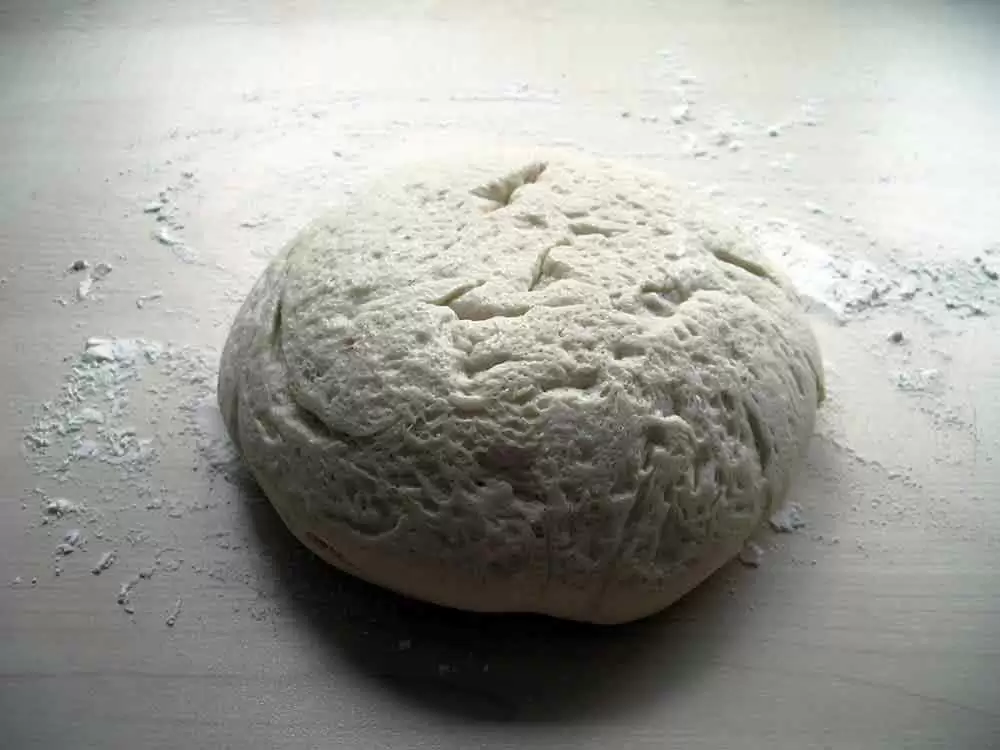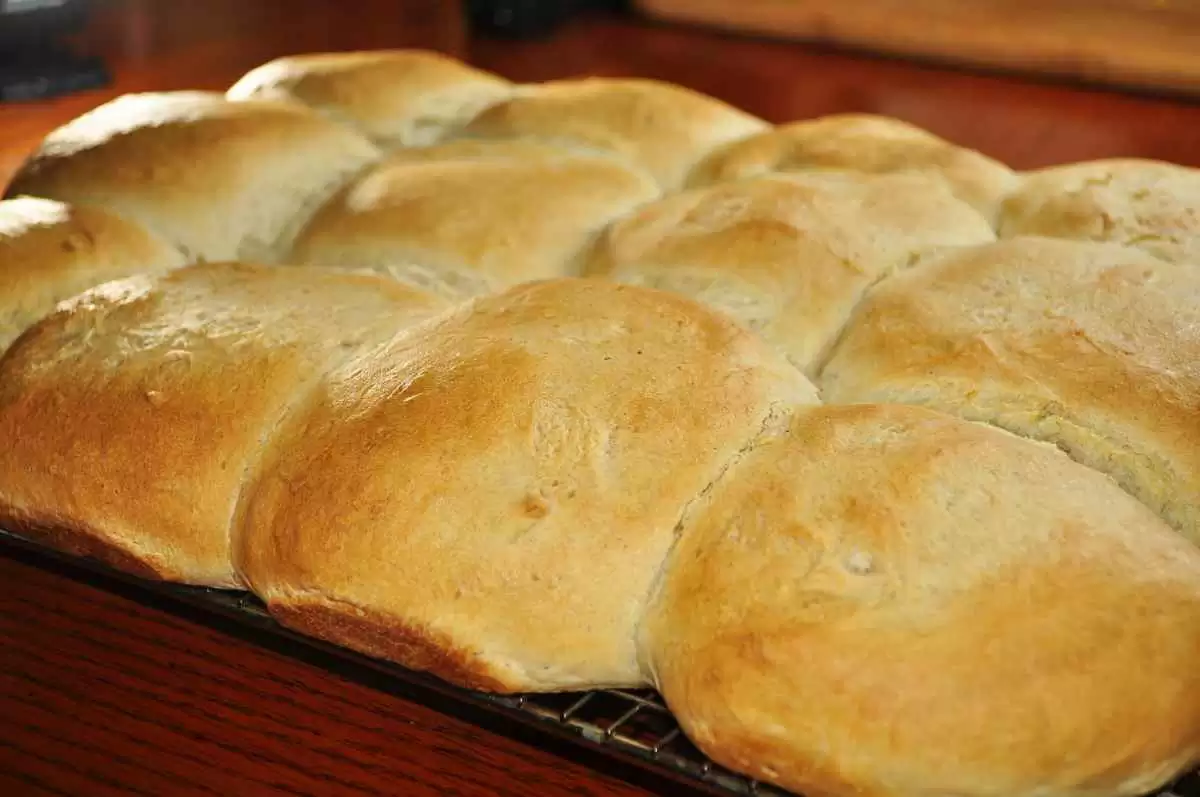Celiac.com 12/14/2023 - People with celiac disease may soon have expanded food options, thanks to research exploring the potential of sourdough to reduce gluten content in bread. A team of researchers from Penn State and Colorado State University, led by Josephine Wee and Charlene Van Buiten, is investigating whether bacteria in the yeast starter used in sourdough bread could help detoxify gluten in other bread products.
Gluten, a protein found in wheat, barley, and rye, triggers an immune response in individuals with gluten intolerance and celiac disease. Approximately 7% of the U.S. population is estimated to have gluten intolerance, with 1% suffering from celiac disease. The incidence of celiac disease has been rising by 7.5% annually, mirroring a global increase in autoimmune disorders.
Celiac.com Sponsor (A12):
The research, funded by a $500,000 grant from the U.S. Department of Agriculture, aims to determine if sourdough starter microbiomes can make gluten-containing bread safe for individuals with celiac disease. Additionally, the researchers are exploring whether these microbiomes can be manipulated to enhance bread quality and safety.
Conventional bread dough typically uses baker's yeast instead of naturally occurring yeast and bacteria present in sourdough fermentation. Sourdough bread relies on the fermentation of dough with wild Lactobacillaceae and yeast. The sourdough microbiome, consisting of naturally occurring bacteria and yeast, is critical to this process.
The study involves analyzing 500 sourdough starters from around the world to understand the variability in sourdough microbiomes. The researchers hope to leverage whole food microbiomes to develop fermentation technologies that meet consumer demands for high-quality, clean label products with reduced gluten immunogenicity.
The term "clean label" refers to making products with minimal ingredients, using recognizable and less processed items. Bread production globally exceeds 100 million tons annually, valued at $201 billion. However, bread is a significant contributor to food waste, emphasizing the need for innovative approaches to enhance quality and reduce waste in bread manufacturing.
The research team, with expertise in food microbiology and nutritional biochemistry, aims to uncover the relationship between the sourdough microbiome, bread quality, and gluten immunogenicity. The findings may influence functional outcomes related to bread quality and safety, potentially providing individuals with celiac disease broader food choices.
Read more in huntingdondailynews.com









Recommended Comments
Create an account or sign in to comment
You need to be a member in order to leave a comment
Create an account
Sign up for a new account in our community. It's easy!
Register a new accountSign in
Already have an account? Sign in here.
Sign In Now